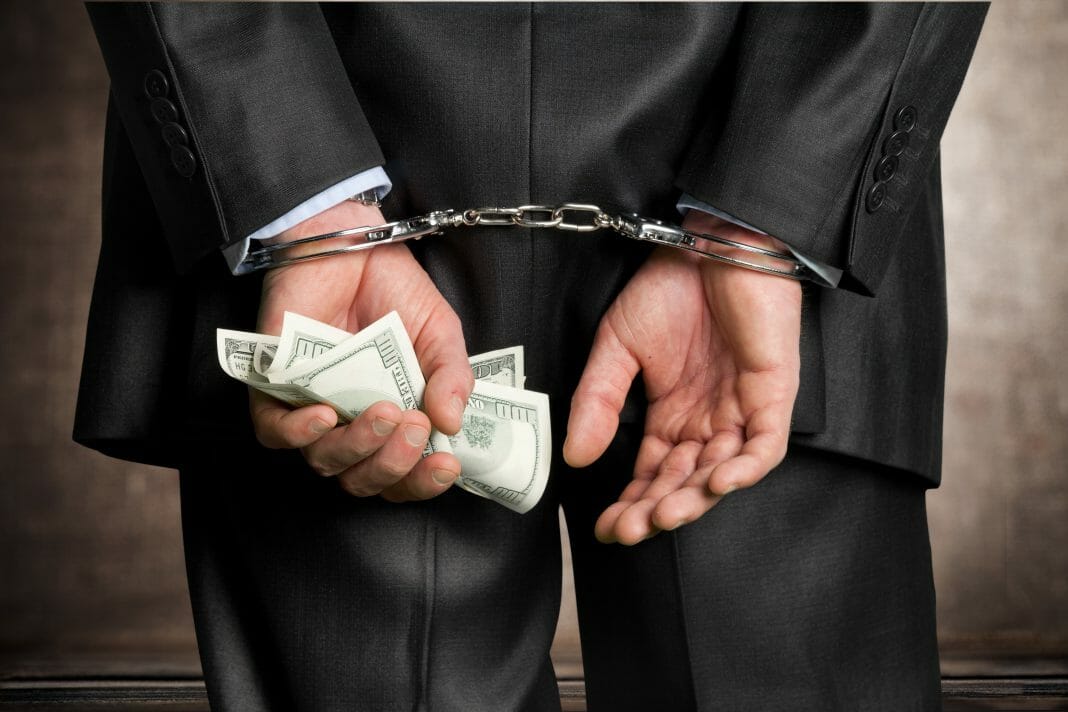The police investigated the detainee and his partner for several months to discover their modus operandi. In addition to receiving bitcoin, the individual bought and sold foreign currency to launder money.
In the summer months, Mar del Plata becomes the best city for tourists on the Atlantic coast of Argentina. However, these days the happy city, as it is popularly known, made headlines for an event involving a DJ, drug sales, and bitcoin (BTC).
The criminal is Beto Navarro, who appeared in various media outlets as a well-known DJ in the area. This individual got detained by the authorities and accused of selling synthetic drugs and laundering money through the purchase and sale of bitcoin and foreign currencies.
According to what the media mdzol.com highlights, Navarro and his partner Esteban Freiz fell after a police investigation that yielded results after four months of investigations.
In the raids carried out by the Argentine Federal Police, a firearm without documentation appeared on the scene. In addition, according to the Crónica TV television channel, the security forces had more than 500 hours of wiretapping and filming Navarro’s actions.
Bitcoin and Drugs in America
News stories connecting bitcoin to drug trafficking often come to light in the media. Cases such as that of an American trafficker who laundered the money from his earnings through Bitcoin are routine events in the American criminal scene.
The business was “round” for Farace back in 2015, when the criminal decided to set up a drug trafficking network on the darknet in partnership with Robert Swain from Reisterstown, Maryland, United States of America.
This activity, which usually receives bitcoin, continued until 2018 and ceased when the criminal got discovered and sentenced to at least 57 months in prison by the Maryland Federal Court.
The modus operandi was to sell hard drugs and receive bitcoin in exchange for them. The next step was to exchange those crypto assets for money using the darknet as a conduit, under complete anonymity. According to an official statement issued by the Court in November 2018, the money went by mail to an address specified by Farace, whose alias was Xanaxman.
As a consequence of this potential use of bitcoin for illicit purposes, entities such as the United Nations Organization have made many calls on nations to set strict regulations to prevent this type of criminal activity.
Despite this reputation that bitcoin usually has, it is enough to check the news in the network to realize that cash is still the most popular means of payment in criminal operations. In 2019 the UK’s National Crime Agency ended up saying that the use of digital currencies for money laundering was still low compared to physical money.
One factor that may explain this preference of criminals is that bitcoin operations can get fully traced just by knowing the public address connected with a criminal or criminal group. Since all transactions get recorded on the blockchain, it is impossible to falsify, hide or delete any trade with ill-gotten funds.
By: Jenson Nuñez











